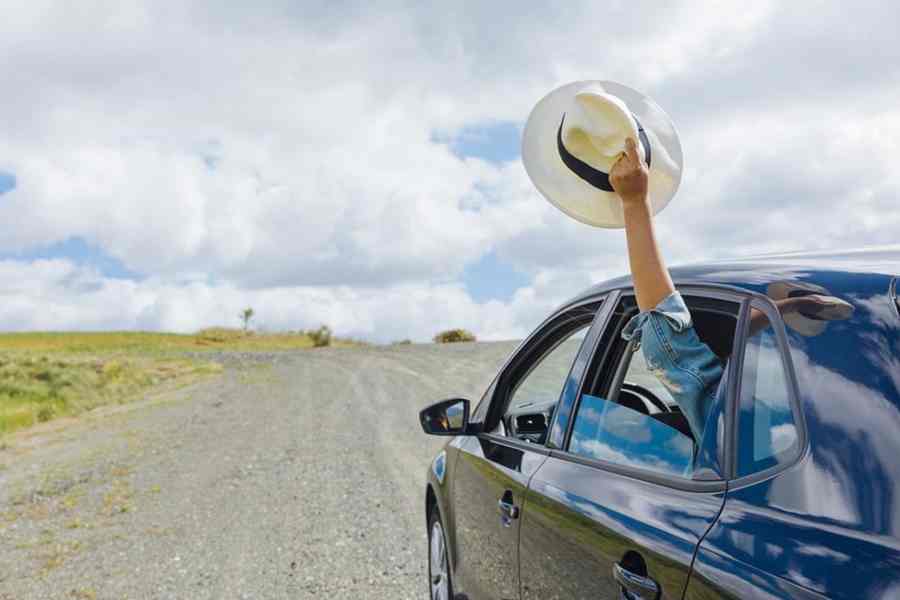Family trips are an exciting opportunity to bond, create memories, and explore new places. However, they also come with their fair share of risks, especially when safety precautions are overlooked. Ensuring the safety of your loved ones during a vacation doesn’t have to be overwhelming. By taking some proactive steps, you can significantly reduce the chances of accidents and keep your trip worry-free. Here are six practical ways to prevent accidents during your family adventure.
Plan and Research Your Destination
A well-researched plan is the foundation of a safe trip. Before you set off, gather information about your destination, including potential hazards like extreme weather, unfamiliar terrain, or local wildlife. Check travel advisories, maps, and guides to identify areas to avoid and resources like hospitals or emergency services.
For instance, if you’re traveling to a mountainous region, you’ll want to be prepared for sudden weather changes or steep trails. Likewise, a beach destination may require knowledge about strong currents or jellyfish season. Being informed allows you to pack appropriately and create an itinerary that minimizes risks.
Respect Local Rules and Guidelines
Different destinations often have their own set of safety regulations, and it’s crucial to adhere to them for the well-being of everyone in your family. For example, some hiking trails require permits or specialized gear, and certain swimming areas may be off-limits due to strong currents or hidden hazards. Ignoring these local rules can increase the likelihood of accidents or injuries.
It’s a good idea to educate your family about the local customs and safety practices at your destination. If you’re traveling to areas with wildlife, for instance, take the time to learn how to avoid encounters or what steps to take in an emergency. If something goes wrong despite your best efforts to stay safe, you may need legal advice to understand your rights or any potential claims. In such cases, contacting a lawyer from a reputable firm like Morgan, Collins, Yeast & Salyer could help navigate the situation. Following local rules ensures a safer, more enjoyable trip, while also preventing any legal troubles or unnecessary fines.
Ensure Your Vehicle Is in Top Condition
For road trips, your vehicle’s condition plays a critical role in safety. Schedule a comprehensive car inspection a few days before departure to ensure brakes, tires, lights, and the engine are in excellent shape. Don’t forget to check the spare tire, windshield wipers, and fluid levels.
Also, equip your car with an emergency kit that includes a first-aid box, a flashlight, jumper cables, and basic tools. If your journey involves long stretches without service stations, carry extra water, snacks, and a power bank. Proper vehicle maintenance not only prevents breakdowns but also reduces the risk of accidents caused by mechanical failure.
Prioritize Child Safety
Children often require extra safety measures during trips. If traveling by car, make sure that car seats, boosters, and seat belts are age-appropriate and correctly installed. Educate older kids about the importance of staying seated and buckled up throughout the journey.
When exploring new places, keep children within sight at all times, especially in crowded areas or near water. Use child safety gear like wristbands or GPS trackers if you’re visiting busy attractions. Teaching your children basic safety rules, such as how to approach animals or avoid touching unfamiliar plants, can also go a long way in preventing mishaps.
Pack Smart and Stay Prepared for Emergencies
Packing the right items can prevent minor issues from escalating into serious problems. A well-stocked first-aid kit should be a priority, including bandages, antiseptic wipes, pain relievers, allergy medications, and insect repellents. If anyone in your family has medical conditions, ensure you carry their prescription medications along with a copy of the prescription.
Prepare for unexpected delays by packing extra food, water, and clothes. If traveling internationally, keep a copy of important documents like passports, travel insurance, and emergency contact numbers both digitally and physically. Being prepared not only helps in emergencies but also provides peace of mind.
Stay Alert and Avoid Distractions
Whether you’re driving, hiking, or exploring a bustling city, staying alert is crucial for accident prevention. Avoid using your phone or engaging in other distractions while performing tasks like driving or supervising children.
Assign responsibilities among family members to share the load. For instance, one person can focus on navigating while another handles children or keeps an eye on valuables. Staying present and vigilant can help you spot potential hazards, such as a slippery path or a vehicle suddenly changing lanes, before they lead to an accident.
A family trip should be filled with joy, laughter, and discovery—not stress and accidents. By planning, taking safety precautions, and staying vigilant, you can ensure your vacation is as safe as it is memorable. Remember, a little preparation goes a long way in preventing accidents and keeping your loved ones out of harm’s way. So, pack your bags, implement these tips, and embark on your family adventure with confidence!


